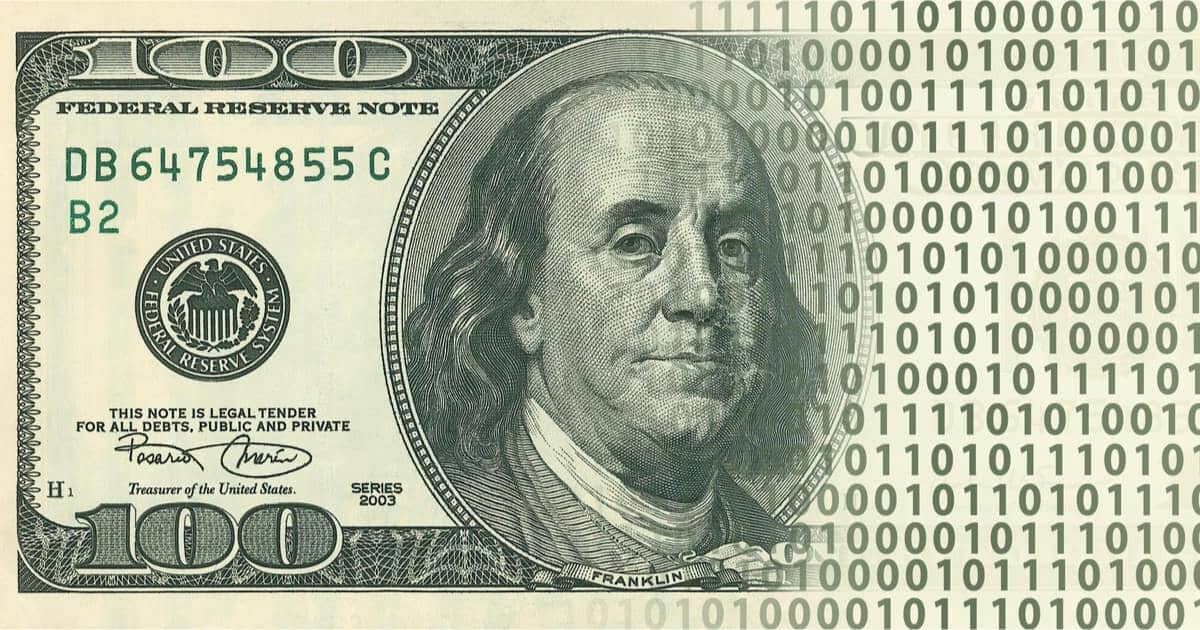
by JR Valrey, the People’s Minister of Information and editor in chief of the SF Bay View
A little more than a week ago, Kenyan President William Ruto offered this warning on national television to his people: “I am giving you free advice, for those of you who are holding dollars, you may go into losses. You better do what you must do, because this market is going to be different in a couple of weeks.”
He was alluding to the fact that the U.S. economy is taking blow after blow from many countries, including Kenya, who have dropped the U.S. dollar from being the currency that they need to trade in to purchase oil on the international market. With the dollar losing ground as being the dominant currency that oil is traded in, people in the U.S will feel it, as their buying power becomes gradually weaker.
During the first few weeks of ‘23, Bank of America claimed to have had a “glitch” in their internal infrastructure that stole some money out of people’s accounts, and in some cases people were not able to get access to their money for over 24 hours. After the collapse of the crypto-friendly Silicon Valley Bank less than a month ago, where international businesses and corporations were not able to access millions in assets that were being held by the bank, everyday blue collar people are starting to look more closely at what has been happening with the economy.
Now that we are examining the health effects of the pandemic on society as a whole, we have to look at how far down the cashless, surveillance society rabbit hole we slipped during the pandemic lockdowns when all the stores were closed and people were forced to stay in their homes and rely on their access to the cyber-world for the most part to survive; where every click is monitored.
“We already have a mostly cashless society. Most of us buy most things with cards, not dollar bills. This has effects that are bad for people who are at the low end of the economic spectrum. A number of cities in the U.S. have mandated that stores take cash, precisely because if everything is cashless, it forces everyone to have a bank account, credit cards and all that,” said John Callas, the Electronic Frontier Foundation’s director of public interest technology.
The United States government has recently been flaunting the idea of resetting the economy to a digital currency, which will ultimately lead to the end of cash. But it doesn’t stop there if you look at societies around the world that are trying to implement similar systems – like China and Australia.
“The Chinese social credit system is indeed a way that their government is using to control behavior and keep people from criticizing the status quo. We must keep the same thing from happening here – where it will not be just the government who does that, but companies, too. We’re right to be wary of things like credit scores and so on from becoming a slow way of slipping that into our society,” said Jon Callas.
“In China just about everyone uses WeChat. You can think of WeChat as a big combination app that is like WhatsApp, Facebook, Instagram, PayPal and Amazon all rolled into one app. It’s both very convenient and very intrusive. It is also how the Chinese apply their social credit score because it’s all tied into the literal credit score.”
What is at stake is a digital lockdown of society. With the elimination of cash from the society and the implementation of a government-issued digital currency, if the government doesn’t like what you have been talking about on the phone, your travel can be restricted or even your bank account can be closed, and you can be individually prevented from being employed, going to school, as well as you can be prevented from buying or selling anything legally.
The ruling class is trying to usher us into these new digital cages where the bars are invisible, but captivity within them may be even more complete and deadly in the long run than maximum security prisons.
“Recently, a number of people have talked about an ‘everything app’, particularly since Elon Musk has opined about that, and the thing that they’re gesturing towards is WeChat. It’s already the everything app, and it’s the place where the social credit score gets enforced more than others.
“Mr. Musk is part of the U.S elite, and he definitely wants to have an everything app that he owns and controls. It would not be the same exact thing, because the U.S. economy is not the same thing as the Chinese one. Nonetheless, there are already issues here in the U.S. where people get cut off from PayPal or other digital payment systems with no explanation, and that would only be worse in an “everything app.”
“Look at what Musk is doing on Twitter and imagine what would happen if he could cancel your ability to spend money if he didn’t like your tweet,” said Jon Callas.
Speaking from a historical perspective, there is nothing under the sun that the U.S. government wouldn’t do, similar to how China is moving, to consolidate complete power and control over its populace, if we tamely let them. Take this into consideration: The electronic infrastructure for the Chinese credit system was conceived and built right here in the Bay Area – Silicon Valley to be exact.
Boycott stores that will not let you use cash in-person!
JR Valrey, journalist, author, filmmaker and founder of Black New World Media, heads the SF Bay View’s Oakland Bureau and is founder of his latest project, the Ministry of Information Podcast. He can be reached at blockreportradio@gmail.com and on Instagram.

 Store
Store


